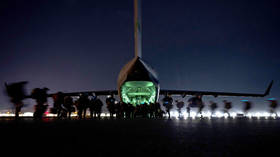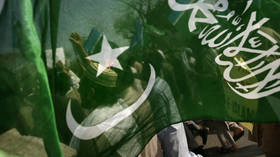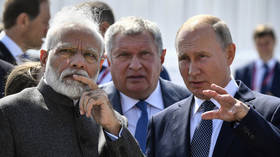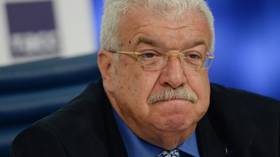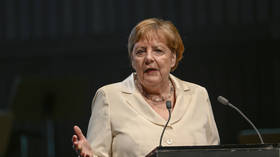India is under pressure, with the West and Ukraine trying to force New Delhi to toe their line on Russia – will they succeed?
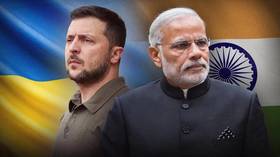
“I have no comments to offer… other than being mystified at my inclusion in this list." That's how former National Security Advisory Board head P.S. Raghavan, a retired foreign service officer who also served as India’s ambassador to Russia, replied to an accusation of disseminating ‘Russian propaganda.’
It was made by the Center for Countering Disinformation, a subsidiary of Ukraine’s National Security and Defense Council.
The body released the list on July 14, and it included “speakers promoting narratives consonant with Russian propaganda.” Two more Indian nationals – veteran journalist Saeed Naqvi and Sam Pitroda, a former adviser to Prime Ministers Rajiv Gandhi and Manmohan Singh – found themselves among the politicians and experts whose positions on the Ukrainian crisis appear to be a dissonant chord in the chorus of Western narratives.
Ukrainian information warriors seem to have intentionally omitted many other Indian names rather than accidentally missing their statements on the ongoing hostilities between Moscow and Kiev. The list could gain new names after any political talk show on Indian TV – and neither alleged Russian spying nor state-sponsored propaganda is the issue.
It is the widely accepted coverage of the conflict in Ukraine in the West and India’s worldview that do not dovetail.
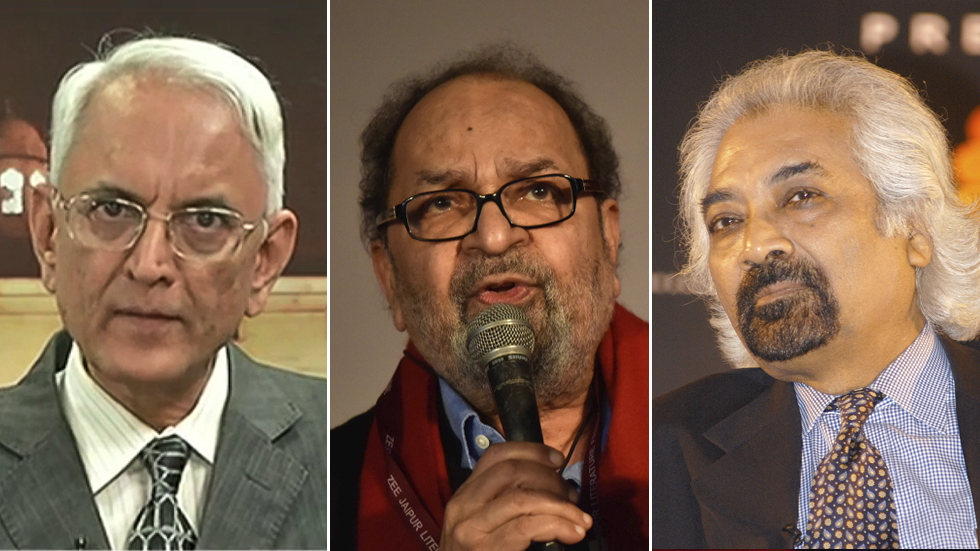
Another twilight of the gods
“This is a defining moment. Our decisions in these days will shape [the] decades to come. Our response to Russia’s aggression today will decide the future of both the international system and the global economy. Will heinous devastation win or humanity prevail? Will the right of might dominate or the rule of law? Will there be constant conflict and struggle or a future of common prosperity and lasting peace? What happens in Ukraine will have an impact on the Indo-Pacific region,” European Commission President Ursula von der Leyen said at the Raisina Dialogue on April 25.
This speech serves as a great example of how the West perceives the ongoing crisis versus India’s place in world. For West European politicians, the idea that the country is part of the "civilized world" requires actions backing up that status. Accordingly, the West expects "proper" behavior from New Delhi.
This is where we should acknowledge Ukraine’s success – the nation’s perspective dominates in American and EU media sources, which further disseminate it among non-Western countries. According to this discourse, the conflict there is one of global importance, which has dismantled the global economy and international security, caused energy and food crises, and undermined international law.
In short, it has destroyed the world we once knew.
Frankly speaking, one should not be surprised that Western Europeans consider the conflict to be a catastrophe for their world. For more than 70 years, have they nurtured the Kantian idea of Perpetual Peace, even if that meant conveniently ignoring the fact of the war in Yugoslavia. Political elites ranging from prominent intellectuals, such as Jürgen Habermas to national leaders such as Olaf Scholz, seemingly don't regard the Balkans as a part of the continent.
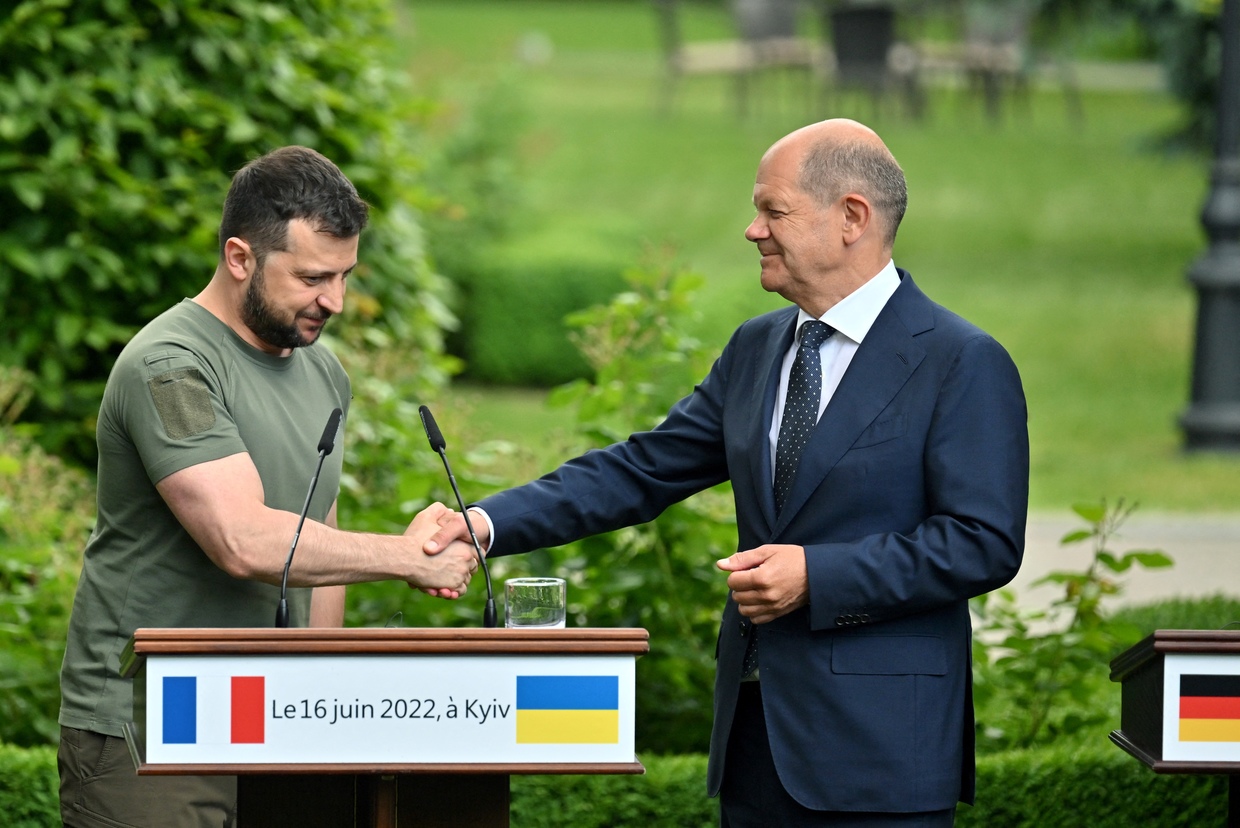
The Ukrainian top brass have managed to achieve full-scale coverage of the conflict as a European war. Thus, whatever arguments Russia could have produced for further discussion have been blocked out.
The Ukrainians grasped this and successfully promoted their victimization, learning from tactics used in the 1990s Balkans, and left no chance for anybody to allow alternative voices to be heard.
However, the weltanschauung proposed could not have met with similar support all around the world, and such a construct should not be taken for granted in a place like India in which almost all of the variables are completely different.
No point to singing in unison
“We have to be confident about who we are. I think it is better to engage the world on the basis of who we are, rather than try and please the world as a pale imitation of what they are… This idea that others define us, somehow we need to get the approval of other quarters – I think that is an era we need to put behind us,” Indian External Affairs Minister Subrahmanyam Jaishankar said in response to European pressure on the issue of Ukraine at the same venue.
India is acknowledged as having its own worldview about major issues in the international arena. The country’s strategic culture includes New Delhi taking hard stances on matters directly challenging national security in the neighborhood; seeking broad economic, political, and cultural interaction within the Indo-Pacific region; positioning itself globally as a great power operating in a multipolar world.
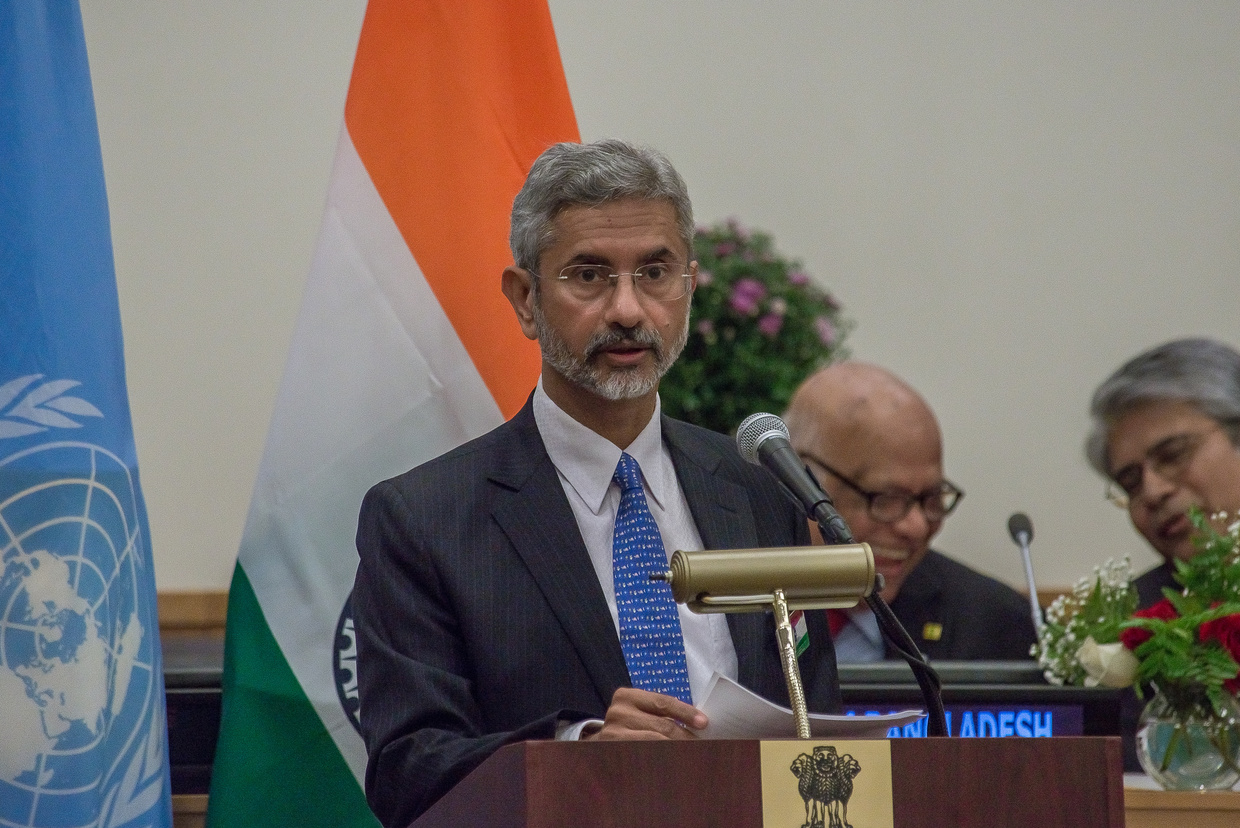
In this context, Ukraine and problems related to the region lie beyond the scope of India’s vital national interests. At the same time, New Delhi is ready to discuss a wide range of issues, including Afghanistan, Syria, Iraq, Yemen, and other war-torn countries, with Ukraine being a part of broader security agenda, not a cornerstone.
For example, the situation in Afghanistan could be of much greater interest for India. But after the withdrawal of US and allied troops, this issue of global importance turned out to be a marginal one. Nevertheless, from the Indian perspective, its significance actually increased – New Delhi claimed that “in Afghanistan, [the] entire active civil society was thrown under the bus by the world,” with the West turning a blind eye to the developments in Kabul.
Hence, India’s political elites have showed no enthusiasm for discussing Ukraine. Mounting pressure from the West is certain to provoke further irritation in New Delhi.
Chance to pull out all the stops
To sum up, any Indian expert could end up on the list of Ukraine’s Center for Countering Disinformation. There are two main paths to unlock this ‘achievement’: questioning narratives based on the Ukrainian coverage and referring to alternative sources of information.
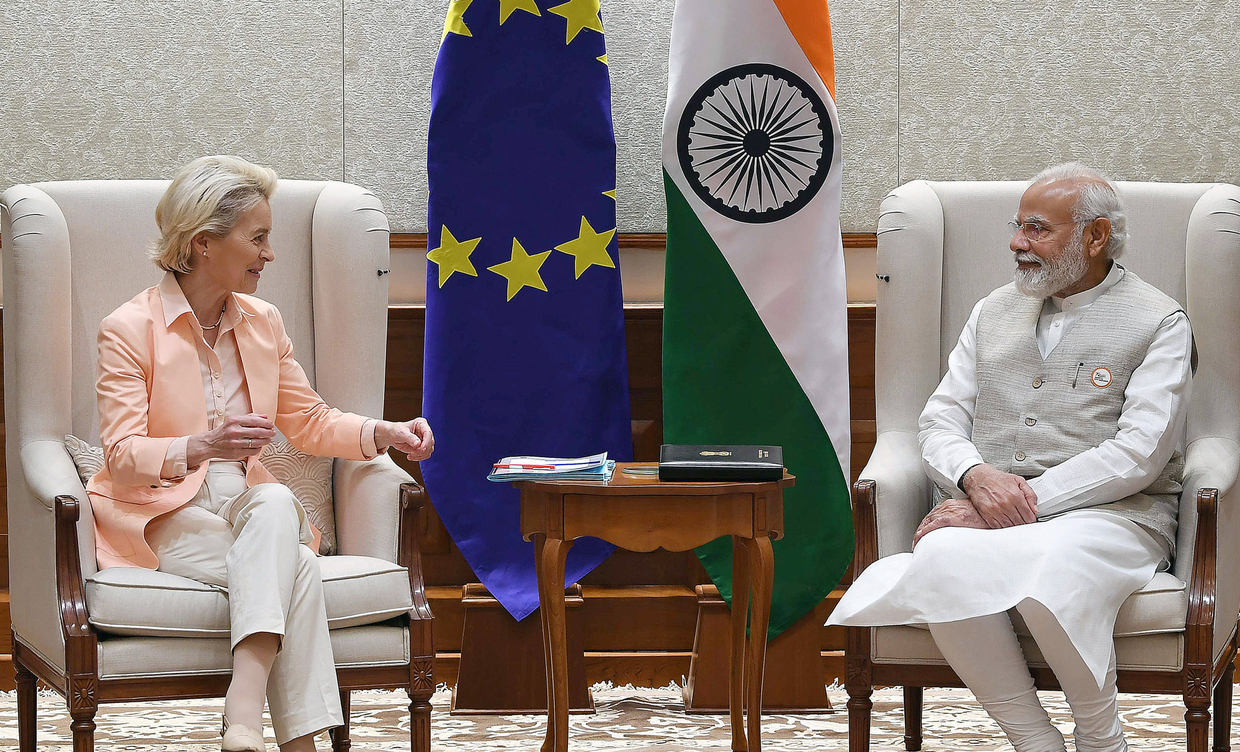
The variety of points of view that exist in the political, business, military and media circles of India is amazing. However, both “pro-Western” and “pro-Russian” Indian experts are used to analyzing the situation from an Indian perspective and would hardly give up this approach – even if the West expects some of them to chant mantras from Ukrainian actors.
Ukrainian elites enjoy the full support of the West. At this juncture, they appear to think that those who do not support them ‘in the proper way’ deserve denigration and canceling. In this case, Russia has nothing to do but to wait for the elites in Kiev to create new ill-wishers. This is where they never fail.
